DIalysis Symptom COntrol-Pruritus Outcome Trial (DISCO-POT)
Overview
Several different types of medications are effective in treating uremic pruritus, but even with effective treatments, residual symptoms are common and some medications are not well tolerated. Standard of care treatments include emollients which are lotions that keep the skin hydrated and a variety of pills that target the itch pathways implicated in the disease.
The objective of the study is to determine the proportion of patients with kidney failure for whom oral nabilone provides important benefit in reducing uremic pruritis without important adverse effects. The hypothesis is that there is a substantial proportion of patients in whom oral nabilone are safe and effective beyond placebo effects.
Nabilone is currently used to treat conditions other that uremic pruritus including chronic nerve pain as well as nausea and vomiting due to chemotherapy. It has never been studied in the setting of kidney disease.
DISCO-POT is a blinded, placebo-controlled crossover trial in which participants will be followed for 11 weeks including two 4 week treatment crossover periods with a 2 week washout period in between them and an end of study visit after 1 week off study drugs.
Patients that are eligible will be randomly assigned to a crossover treatment sequence of two treatments:
- nabilone 0.5 mg orally at night for 1 week increased to nabilone 0.5mg orally twice a day for 3 weeks (over-encapsulated)
- placebo 1 capsule orally at night for 1 week increased to placebo 2 capsules twice a day for 3 weeks (over-encapsulated)


